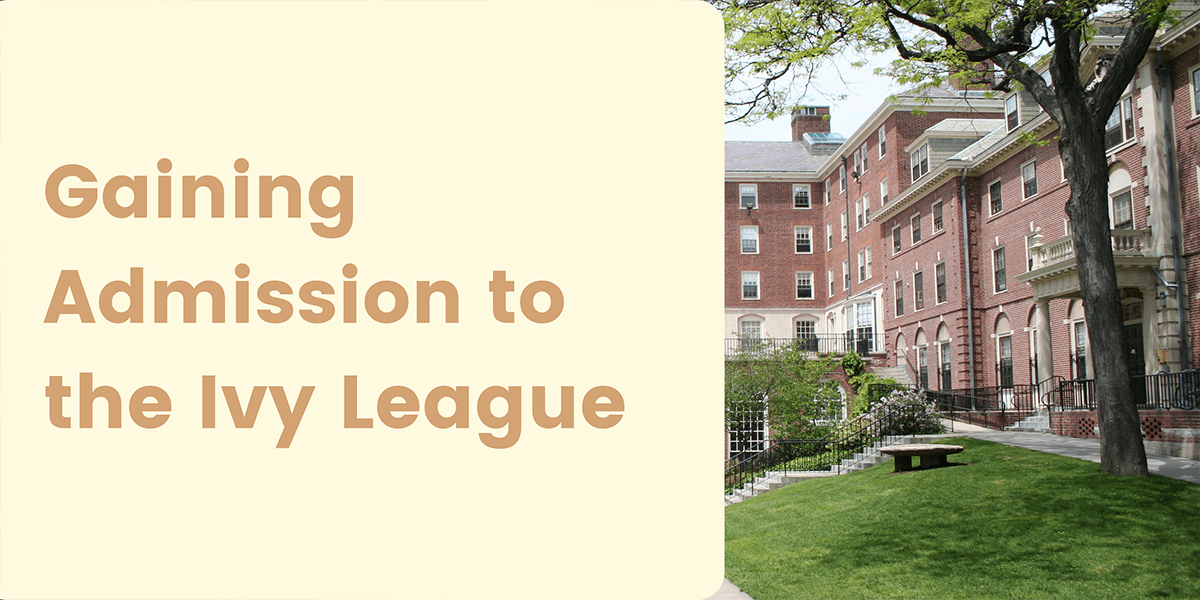blog Trending | 2min Read
Published on May 18, 2023

Author – Jonada Cyrus, Dhirubhai Ambani International School
Hello, future scientists! Step right up and get ready to dive into a world of endless possibilities. Today, we’ll embark on a futuristic journey exploring nine exciting emerging careers for all you science enthusiasts out there! So buckle up and let’s time-travel into your bright future.
1. Artificial Intelligence and Machine Learning
In the era of smart devices, AI and Machine Learning are no longer confined to the realms of sci-fi movies. Instead, they’re buzzing around us like busy little bees, impacting every sector from healthcare to entertainment. Remember Jarvis from Iron Man? Well, we’re not quite there yet, but who knows – you could be the one to make it happen!
2. Big Data, Data Analytics, and Data Science
In a world that generates quintillions of bytes of data every day, it’s no surprise that careers in Big Data, Data Analytics, and Data Science are on the rise. Like modern-day treasure hunters, professionals in this field dig into the digital mine, searching for valuable insights. In other words, they’re the Sherlock Holmes of the digital era!
3. Robotics
If you thought robotics was limited to assembly lines or sci-fi movies, think again! Robotics is one of the fastest-growing fields, with applications ranging from healthcare to space exploration. So, if you’ve ever dreamed of creating your own R2-D2 or Wall-E, this might be the path for you.

4. Actuarial Science
Are you a number-crunching whiz? Actuarial Science could be your calling. Actuaries use mathematics, statistics, and financial theory to study uncertain future events, especially those of concern to insurance and pension programs. In other words, they’re like the fortune tellers of the finance world.
5. Ecotechnology
As the world grapples with environmental challenges, ecotechnology holds the key to sustainable solutions. As an ecotechnologist, you’ll have the opportunity to make a tangible impact on the world, making it a rewarding career choice for those passionate about saving our planet.
6. Bioinformatics
Bioinformatics is a fascinating field where biology meets technology. If you’re intrigued by the mysteries of the human genome and have a knack for data analysis, a career in bioinformatics could be your golden ticket to an exciting future.
7. Genomics and Genetic Engineering
Move over, Mendel! The field of genomics and genetic engineering is rapidly advancing, offering opportunities for science students to contribute to groundbreaking research and make significant impacts on medicine, agriculture, and more.
8. Nanotechnology
We’re going tiny – really tiny! Nanotechnology, the science of the incredibly small, holds massive potential. From revolutionizing healthcare to creating sustainable energy solutions, a career in nanotechnology is like a ticket to an exciting microscopic universe.

9. Astrophysics
If you’ve ever gazed at the night sky and felt a sense of wonder, a career in astrophysics might be the right path. Explore the mysteries of the universe, from black holes to galaxies far, far away. The sky is not the limit—it’s just the beginning!
And there you have it, folks—nine thrilling emerging careers for the science









